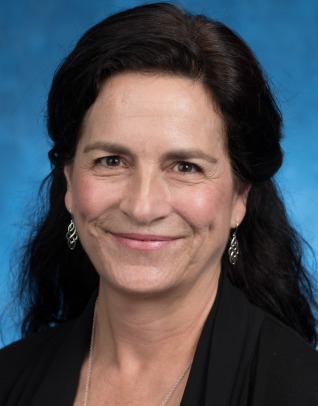Writing Program
Learning Effective Communication
The Writing Program introduces students to a wide array of principles and strategies of effective communication and argumentation.
The Writing Program focuses on writing in particular and communication in general as vehicles for learning through courses based on the Writing Across the Curriculum model, emphasizing written and oral communication throughout the university’s curriculum.
We believe that students are capable, intelligent people who need challenging projects to strengthen the abilities they have already developed and to build new ones. Our communication skills courses enable students to participate in new academic discourse communities and interdisciplinary intellectual situations, and to explore university-level strategies of mind, writing, and speaking in a variety of cross-disciplinary contexts.
Course Offerings
All students are required to take Writing 101 (First-Year Writing) which is offered every semester. They may also satisfy the upper-level writing requirement by taking a 300-level Writing Program course.
This course provides students with opportunities to practice a range of conventions, standards of proof, and ways of knowing that characterize language in the concentration areas that make up the SUA liberal arts education: Environmental Studies, the Humanities, International Studies, Life Sciences and Social and Behavioral Sciences. In the process, students develop critical reading and thinking skills as well as competence in written and oral English so as to produce coherent, interesting, thoughtful, and largely error-free papers that are congruent with appropriate standards of academic discourse.
Upper-level writing courses provide students with opportunities to practice the kind of writing, research, and oral presentation skills that characterize topics and discourses related to particular areas as preparation for graduate and/or professional work. These courses satisfy the same upper-level writing requirement as ‘W’ intensive concentration courses.
- WRIT 302 Writing, Politics and Visual Rhetoric
- WRIT 303 Writing Science, Gender and Empire
- WRIT 304 Writing Race
- WRIT 306 Writing the Apocalypse
- WRIT 307 Writing the Archives
- WRIT 308 Writing the Body
- WRIT 309 Writing the Environment and Sustainability
- WRIT 310 Writing for Social Change
- WRIT 311 Writing Borderlands
- WRIT 313/HUM 313 Experimental Critical Writing
- WRIT 314 Writing for New Media
- WRIT 315 Introduction to Creative Writing
- WRIT 320 Writing Poetry
- WRIT 321 Writing Creative Nonfiction
- WRIT 322 Writing Fiction
- WRIT 335/HUM 335 Writing about Film
Faculty Perspective
Kristi Wilson, PhD
Associate Professor of Composition and Rhetoric“Given the rapid pace of change in the world, preparing students for a dynamic future entails bolstering their communication toolkits and nurturing their writerly interests across cultures and academic disciplines. Students come to the classroom with their own perception skills that can engage with, challenge, and expand normative conceptions of knowledge production.”
Our Faculty
Our faculty come from a variety of backgrounds and intellectual traditions, allowing us to work in conjunction with the university’s mission to engage students as global citizens.




